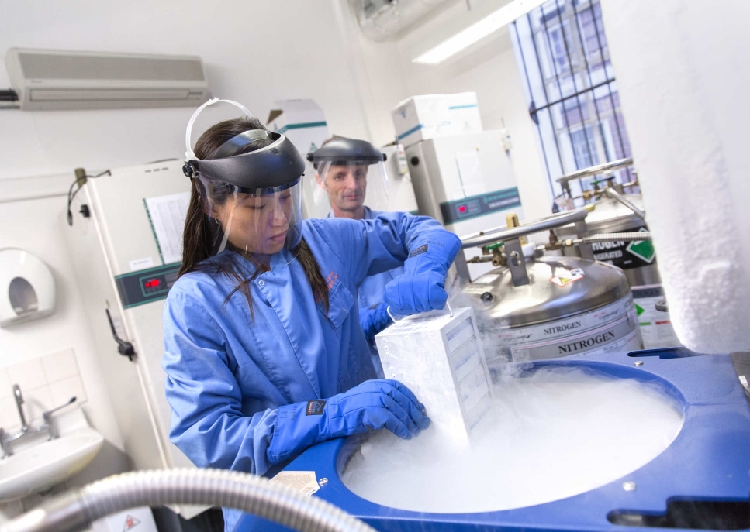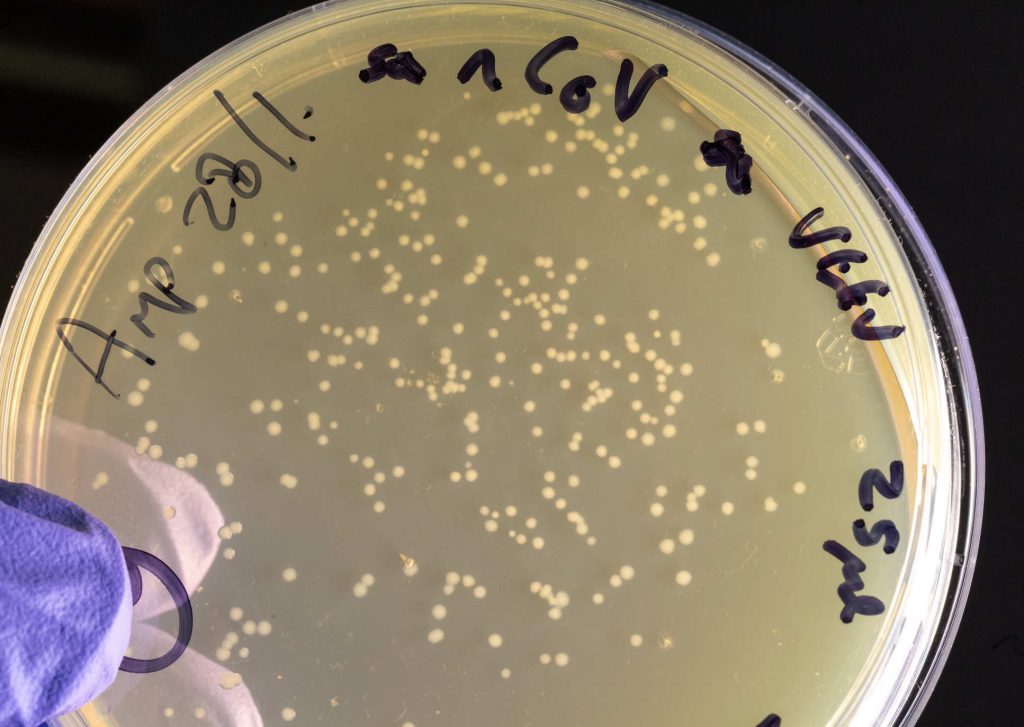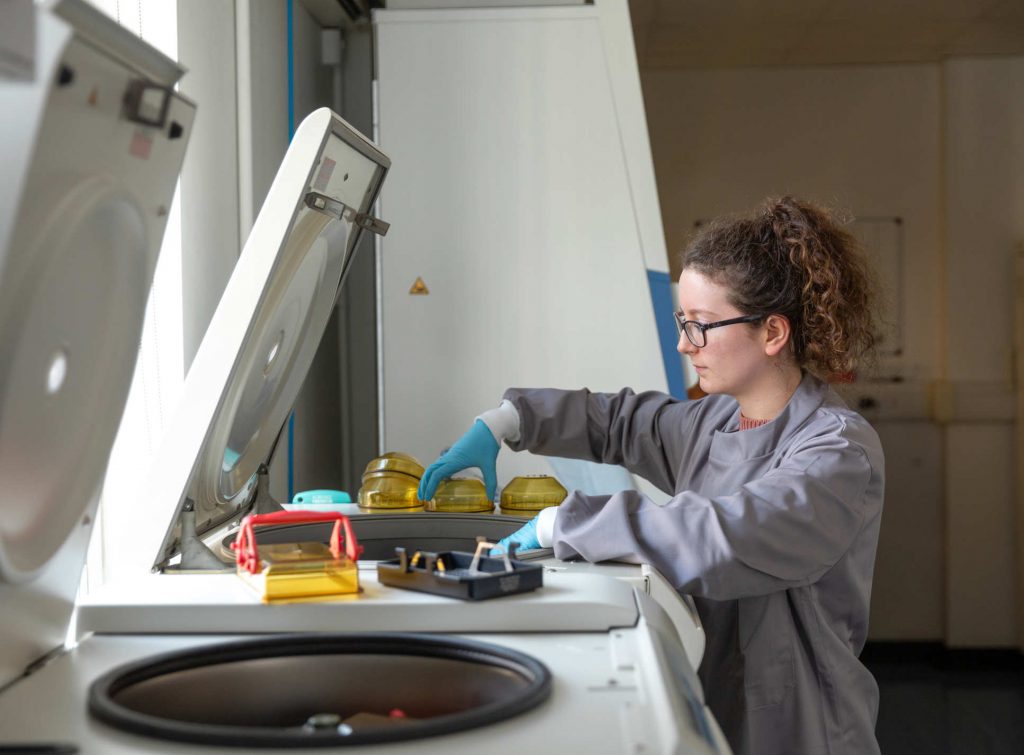Disease modelling experts have warned that the shut down imposed on India may have to last until a COVID 19 vaccine is available. This is because as soon the population comes out of its enforced hibernation the coronavirus will start to spread once more.
The bad news is that that a vaccine is unlikely to be ready for worldwide use by the beginning of the next year at the earliest.
Covid-19 has also mutated into two strains, one which appears to be far more aggressive, scientists have said, in a discovery which could hinder attempts to develop a vaccine.

And health experts have warned that the virus could hit country in “multiple waves”, and led to fears that some vaccines might not work on mutated strains.
That’s the bad news. The good news is that the world has never been more geared up to develop technologies against emerging infectious diseases than it is today.
The rapid genetic sequencing and open publication of the virus by Chinese scientists has been a boon for British scientists are competing with dozens of laboratories around the world to be the first to develop a drug.
Last week, scientists at Public Health England said that trials of a vaccine could begin within the next month.
Human trials on the vaccine have already started in the United States – breaking records for the speed with which such trials can get off the ground. Healthy volunteers in America are being given the new-generation “genetic hack” after it bypassed standard animal testing as part of a highly accelerated process.

If proven safe and effective, larger “live situation” trials will be carried out to see whether inoculation works on patients infected with Covid-19. If successful, pharmaceutical industry leaders hope there could be millions of doses ready within 12 to 18 months, but admit “it’s aspirational”.
Professor Robin Shattock and his team at the Department of Infectious Disease at Imperial College London developed a candidate vaccine within 14 days of getting the sequence from China. They have been testing it on animals since February 10 and hope to move to clinical trials in the summer if they can secure funding.
Other than creating a traditional antibody jab, the Imperial drug works by effectively injecting new genetic code into a muscle, instructing it to make a protein found on the surface of coronavirus, which triggers a protective immune response.
“We have the kind of technology to be able to generate a vaccine with a speed that’s never been realised before,” said Prof Shattock. “Most vaccines are five years in the discovery phase, and at least one or two years to manufacture and get into trials.
“We may not be the first, but it only requires one group to get there. We’re only one party and at some point we might say: ‘Somebody else is ahead, we should stop working’. While we want to go the whole way, we’re also prepared to stand down.”

But the biggest hurdle for vaccine development is manufacture and distribution at scale. Even the most optimistic pharmaceutical executive would be inclined to suggest the vaccine would only be ready by the end of this year.
And it would probably be given to what public health experts call “key populations” first – health workers, vulnerable groups and the contacts of affected patients – before any nationwide mass vaccination programme took place.
But what doctors are pinning their hopes on – more than vaccines – are drugs for other diseases that they are repurposing to treat coronavirus patients.
The most promising of these is a drug called remdesivir, a broad-spectrum antiviral treatment developed by drug firm Gilead that began testing earlier this week.
